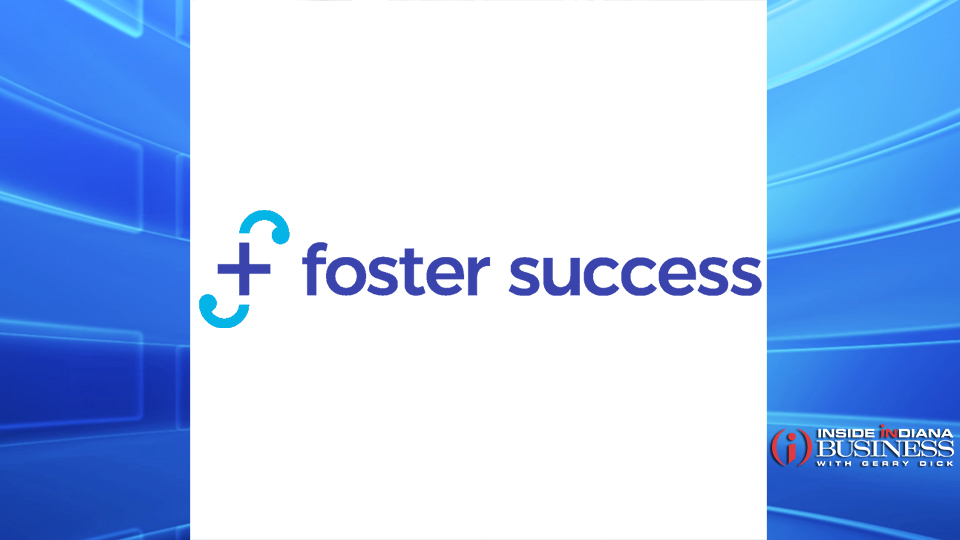Foster Success marks milestone, launches mental health program
Subscriber Benefit
As a subscriber you can listen to articles at work, in the car, or while you work out. Subscribe Now
Indianapolis-based Foster Success supported more than 1,000 older foster youth throughout the state for the first time, according to its latest impact report. The not-for-profit is also marking the recent launch of its new mental health program supporting teens and young adults in the foster care system.
The impact report showed that Foster Success also distributed more than $2.2 million to older foster youth across all of its programs during the last fiscal year.
Director of Health and Financial Well-Being Hannah Milner told Inside INdiana Business that being able to support so many foster youth is significant.
“Older foster youth have always been in our community, so the more of them that we are able to support, the better outcomes for our communities overall,” Milner said. “We’ve been able to build new partnerships, new programs, offer more ways for young people to engage across our programs. So, not only has the number of young people we’re supporting increase, but the breadth of what we can offer them has also increased.”
The term “older foster youth” refers to individuals in the foster care system from ages 14-26.
Indiana has an extended foster care system, in which young people who exit the system at age 18 can continue to receive support from the Indiana Department of Child Services through age 23, and Foster Success supports them up to age 26.
Milner said the organization has been able to expand its Basic Needs program, which provides assistance with housing, utilities, transportation and other needs.
Foster Success also recently launched a new youth engagement program called LEAD, which provides leadership skills development. The organization’s workforce development program has been expanded as well, Milner said.
The impact report showed 92% of foster youth reported having health insurance and 95% plan to continue their education.
The not-for-profit also touts the Indiana General Assembly’s passage of Senate Enrolled Act 151 earlier this year, which increases resources for foster youth to obtain their driver’s license and affordable car insurance. It also expanded the Foster Care Tax Credit program and extends it through 2028.
Earlier this fall, Foster Success launched the Mental Health Acceptance, Promotion & Support Initiative, or MAPS. The program aims to connect individuals to continuous mental health services, while also providing up to eight free therapy sessions to address immediate needs.
The program is open to those between the ages of 18-25 who have spent at least one day in foster care in Indiana at or after the age of 14, are not already connected to a mental health provider, and are seeking to be enrolled in consistent mental health services.
Milner said they see PTSD rates of about 30% among those who have experienced foster care due to the abuse or neglect that led them to being in foster care.
“When those mental health challenges go unaddressed, we see other negative outcomes as a kind of domino effect [such as] having to quit jobs, quit school become homeless,” she said. “And so at Foster Success, our goal is to support the whole person, and part of that is acknowledging that mental health plays a role in everything from employment to housing to family success.”
MAPS is being funded by the Indiana Division of Mental Health and Addiction with a two-year, more than $290,000 grant.
Milner said the organization hopes to support about 130 young people over the two-year period, with the hope of extending the program further.
“We are always looking for ways to grow our impact, not only by increasing the number of young people that we can reach but by helping them also deepen their engagement across our programs,” she said. “Our goal over the next year is just continue to reach more young people, but also deepen our impact in their individual lives by helping them access more of our programs in a more authentic way.”
